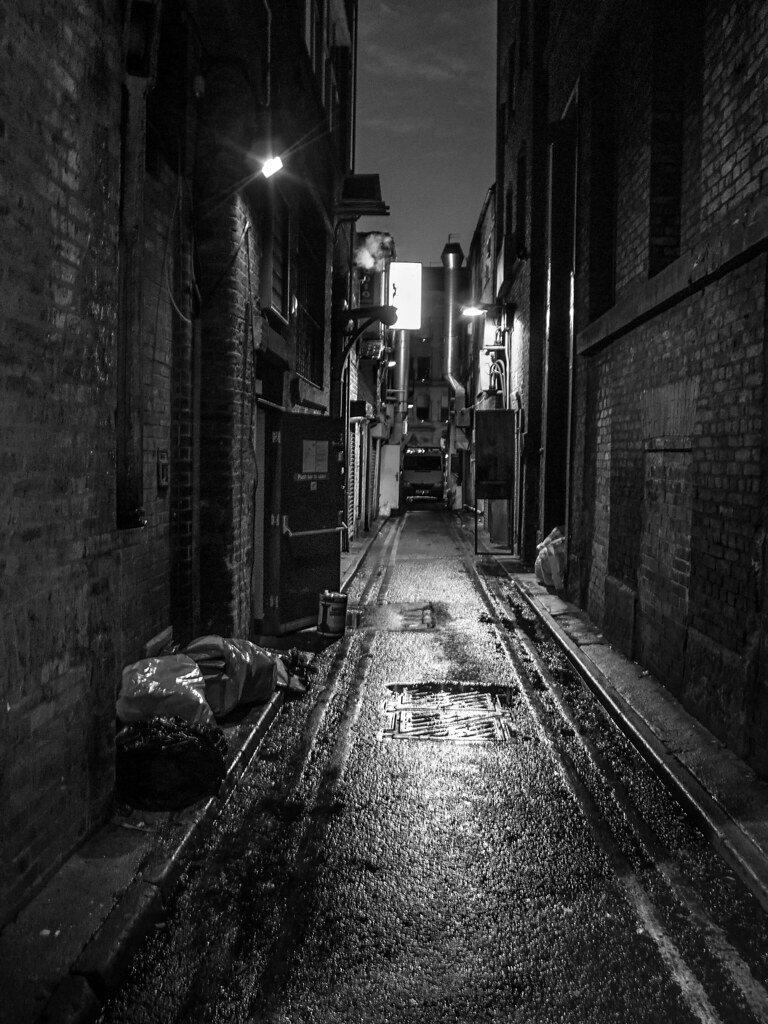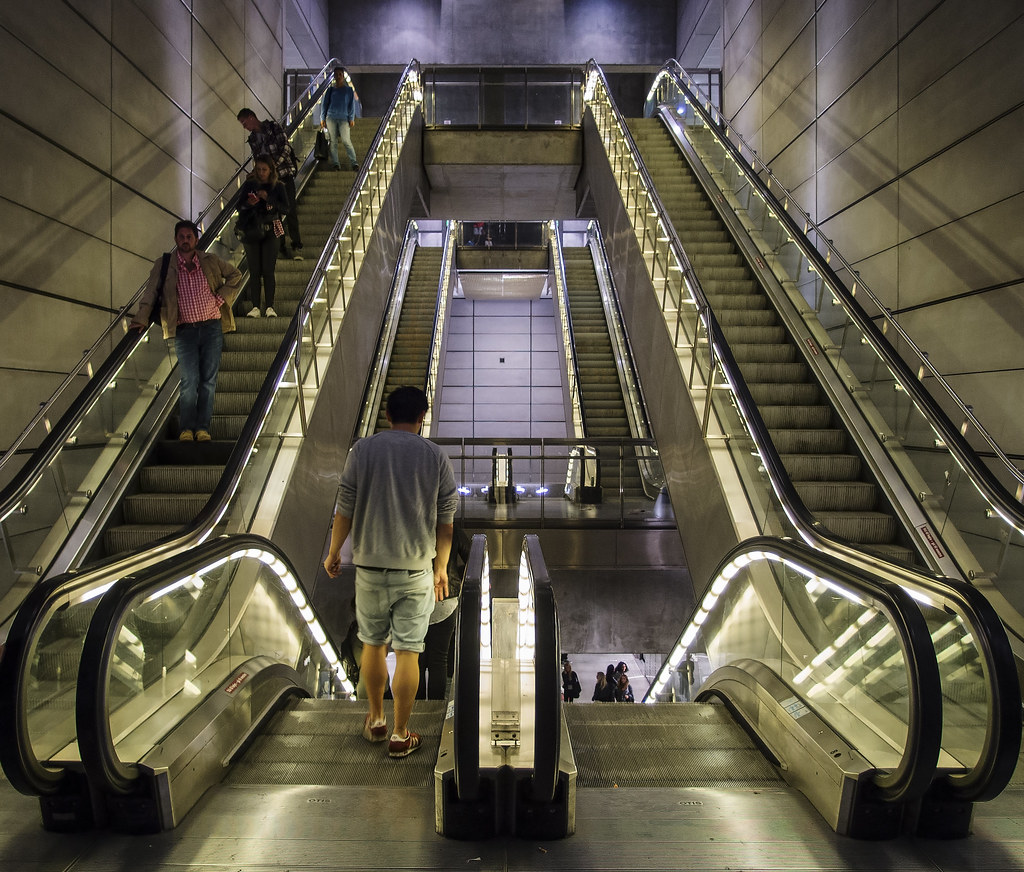One of these two images is straight out of the camera and the other was processed in photoshop.
So which is the original?
The bottom one is from unprocessed.
One of these two images is straight out of the camera and the other was processed in photoshop.
So which is the original?
The whole "great shot, you must have a good camera" is an unfortunate truth.
My ego would love me to take absolute credit for the quality of photos I took with £10,000's worth of pro Nikon gear but the reality is that no matter how much effort I put into shots taken with my 4:3 Panasonic they will never be as good as ones shot with my old Nikon D3. Anyone in dispute of that needs their head examined. A good camera is more responsive, has better handling, better optics, a better sensor and better accessories such as a more stable tripod mount, better flash gun etc. No need to be precious about it.
My answer is usually "it doesn't hurt to have a good camera, that's for sure."

The whole "great shot, you must have a good camera" is an unfortunate truth.
My ego would love me to take absolute credit for the quality of photos I took with £10,000's worth of pro Nikon gear but the reality is that no matter how much effort I put into shots taken with my 4:3 Panasonic they will never be as good as ones shot with my old Nikon D3. Anyone in dispute of that needs their head examined. A good camera is more responsive, has better handling, better optics, a better sensor and better accessories such as a more stable tripod mount, better flash gun etc. No need to be precious about it.
My answer is usually "it doesn't hurt to have a good camera, that's for sure."
 China town backstreet B&W Explored by alf.branch, on Flickr
China town backstreet B&W Explored by alf.branch, on Flickr Copenhagen escelator by alf.branch, on Flickr
Copenhagen escelator by alf.branch, on Flickr Muse @ Manchester 1-0-6-13 2 big flames and smoke rings by alf.branch, on Flickr
Muse @ Manchester 1-0-6-13 2 big flames and smoke rings by alf.branch, on Flickr Media city 1 with XZ-1 by alf.branch, on Flickr
Media city 1 with XZ-1 by alf.branch, on FlickrI read in Amateur Photographer (26th July) recently of Julian Calverley a Pro Photographer of many years who has published his book and even though he uses Alpa Large format cameras mostly but this book is of shots taken with his iPhone.
Its not what you have got its how you use it.
I'll just say that Julian Calverley is very lucky he took photos of landscapes on his iPhone and not sports events or most wildlife.


I have no idea, I have never heard of one but I assume by the tone of your post that Alpa make cameras only for landscape or portrait use?
I don't get your point? Because a very specialised and very expensive camera cannot do something, that something would not benefit from a good camera?
As I said, a whole kettle of fish.
Not much wrong with those shots Alf.
Every camera has it's strengths and weaknesses.
I've seen extraordinary shots of wildlife and sports taken on very simple cameras and even mobile phones, some of which would not have been possible with a DSLR.
It's just a matter of being creative with the strengths and knowing how to work around the weaknesses.







Sorry about the threadcromancy but here's another interesting example from 1931.

Guess which one is the image most people recognise.
I don't know who that is...
